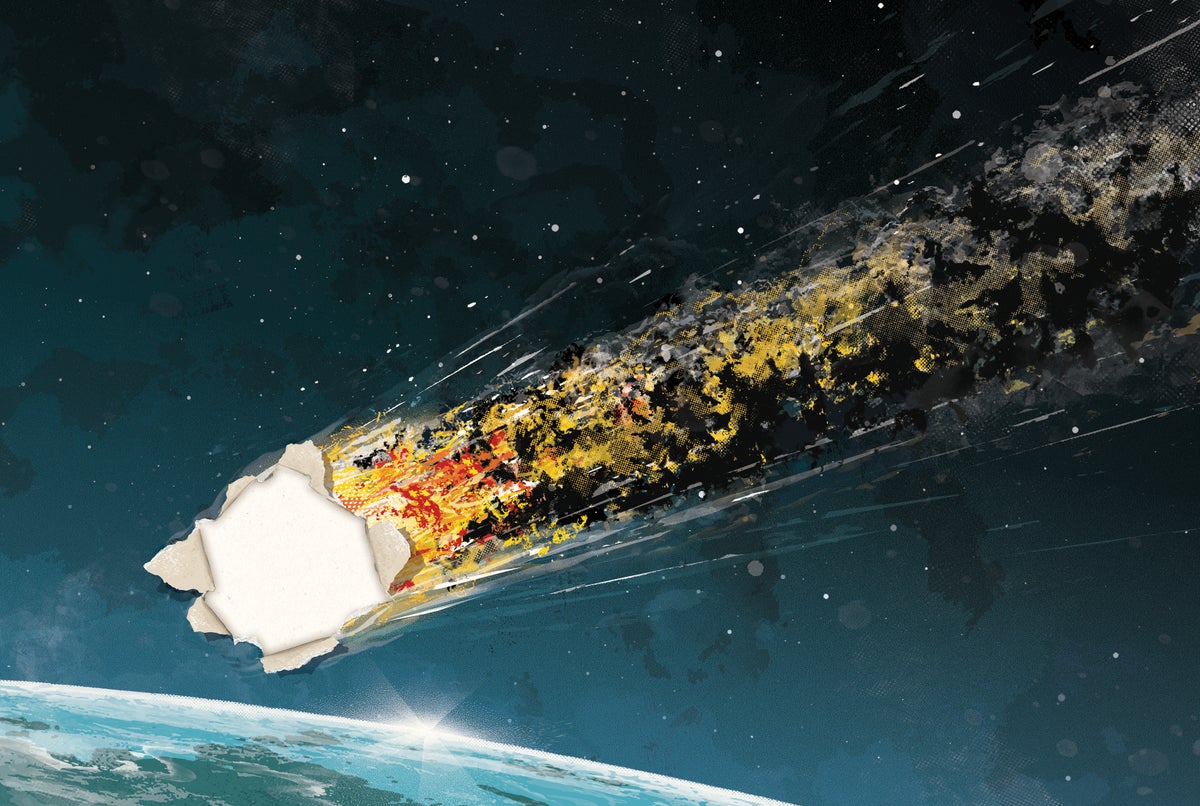Ubuntu’s decision to switch to Rust-based coreutils in 25.10 hasn’t been the smoothest ride, as the latest — albeit now resolved — bug underscores.
The distro’s developers are bullish on the security and stability benefits that “oxidising” Ubuntu’s package set with Rust-based tools provide. In 25.10, it plumbed in Rust-based replacements for sudo and coreutils.
The latter is (as you may guess from the name) a set of core utilities that function from the command-line. These are used by a number of processes, apps and scripts, including Ubuntu’s own unattended-upgrades process, which automatically checks for new software updates).
Alas, the Rust-based version of date a bug which meant Ubuntu 25.10 desktops, servers, cloud and container images we not able to automatically check for updates when configured:
Due to a now-resolved bug in the date command, some Ubuntu 25.10 systems have been unable to automatically check for available software updates.
Julian Andres Klode, CanonicalUnattended-upgrades hooks into the date utility to check the timestamp of a reference file of when an update check was last run and, past a certain date, checks agin. But date was incorrectly showing the current date, always.
Which is a bit of a flub (to put it politely).
A fix has been issued so only Ubuntu 25.10 installs with rust-coreutils 0.2.2-0ubuntu2 (or earlier) are affected. Users can run sudo apt update && sudo apt upgrade to get the fix — they can’t, obviously, rely on automatic updates to fetch it ;).
Not great, but not a catastrophe
Checking for updates manually was not affected. Anyone who regularly runs apt from the command line or habitually opens Software Updater on the regular will not have had any issues updating or upgrading packages.
Should this have been found sooner in testing?
Ideally, yes.
However, Ubuntu 25.10 only released 2 weeks ago. Noticing this issue requires time: i.e., someone to not manually update for long enough, yet know updates are out and that their system hasn’t been checking and installing them.
Which is why when the bug in the date utility was first reported, it was related to its impact on custom shell monitoring scripts (which the OG reporter was relying on to automate daily backups – as date -r always returned the current date, no backups were triggered, eek).
As the issue had been fixed upstream, Ubuntu’s engineers originally planned to “[pull in the fix] at a later point in time” as they they wanted to “focus on fixing critical issues”.
It was then pointed out that it also prevented Ubuntu’s own unattended-upgrades from working. That is critical, thus the priority was bumped and a fix issued quickly (alongside another issue in the dd tool).
Ubuntu 25.10 is a short-term release. These are meant to provide a way to “battle test” changes in real-world situations so that bugs (such as this), performance and reliability issues can be found and fixed in advance of the next Long-Term Support release.
The goal here was to see if the Rust-based utilities would be in good enough shape for Ubuntu 26.04 LTS, which is out 23 April, 2026.
Ubuntu LTS releases make up the majority of Ubuntu installs (though baffling to those who live and breathe Linux, a lot of people prefer stability and predictability over perpetual churn, they don’t chase new for newest’s sake, dislike things being added or moved in the UI, etc).
(via LWN)
.png)

![Recreating Lions' commentary for teaching OS at MIT [video]](https://www.youtube.com/img/desktop/supported_browsers/opera.png)

